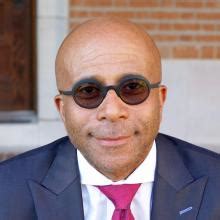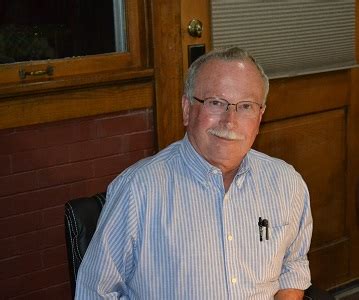A Quote by Vance Havner
Most people would not want to live where there are no churches but many people live as though there were no churches.
Related Quotes
The churches that are growing and thriving are churches that I would call evangelical and orthodox for the most part in their beliefs. They are churches that tend to evangelize ... and encourage their people to share their faith. These are the churches that are actually growing. The ones that are shrinking are the ones that are compromising and watering down what the word of God says.
What James Madison and the other men of his generation had in mind when they wrote the First Amendment was that there should be no official relationship of any character between government and any church or many churches, and no levying of taxes for the support of any church, or many churches, or all churches, or any institution conducted by any of them.
At a time when many churches throughout the world are experiencing significant decreases in numbers, The Church of Jesus Christ of Latter-day Saints - though small in comparison with many others - is one of the fastest growing churches in the world. As of September 2013, the Church has more than 15 million members around the world.
Churches can easily bring together, in a short period of time, a substantial number of people, and politicians have to assume that these folks have the potential to vote. Although there's supposed to be a separation of church and state, they want to go to these churches to say hello to the people, and they assume their hello might turn into votes.
We do it all the time, we legislate taste. We do it with the tax code. Churches and children get a tax break, because it's assumed that we all agree that we want to encourage churches and children. I don't. I don't. That's my opinion. I don't want to encourage either churches or children, and it's a very bad idea to put them together.
Many churches of all persuasions are hiring research agencies to poll neighborhoods, asking what kind of church they prefer. Then the local churches design themselves to fit the desires of the people. True faith in God that demands selflessness is being replaced by trendy religion that serves the selfish.
Most of what I have seen, the churches that are growing are the best are those that are nondenominational. But I don't think it's because they are nondenominational. I think that there's a certain method by which they go about reaching out to people that are not as traditional as your mainland churches generally do.
After the Church of Jesus Christ of Latter-day Saints was organized, there were only two churches upon the earth. They were known respectively as the Church of the Lamb of God and Babylon. The various organizations which are called churches throughout Christendom, though differing in their creeds and organizations, have one common origin. They all belong to Babylon



































